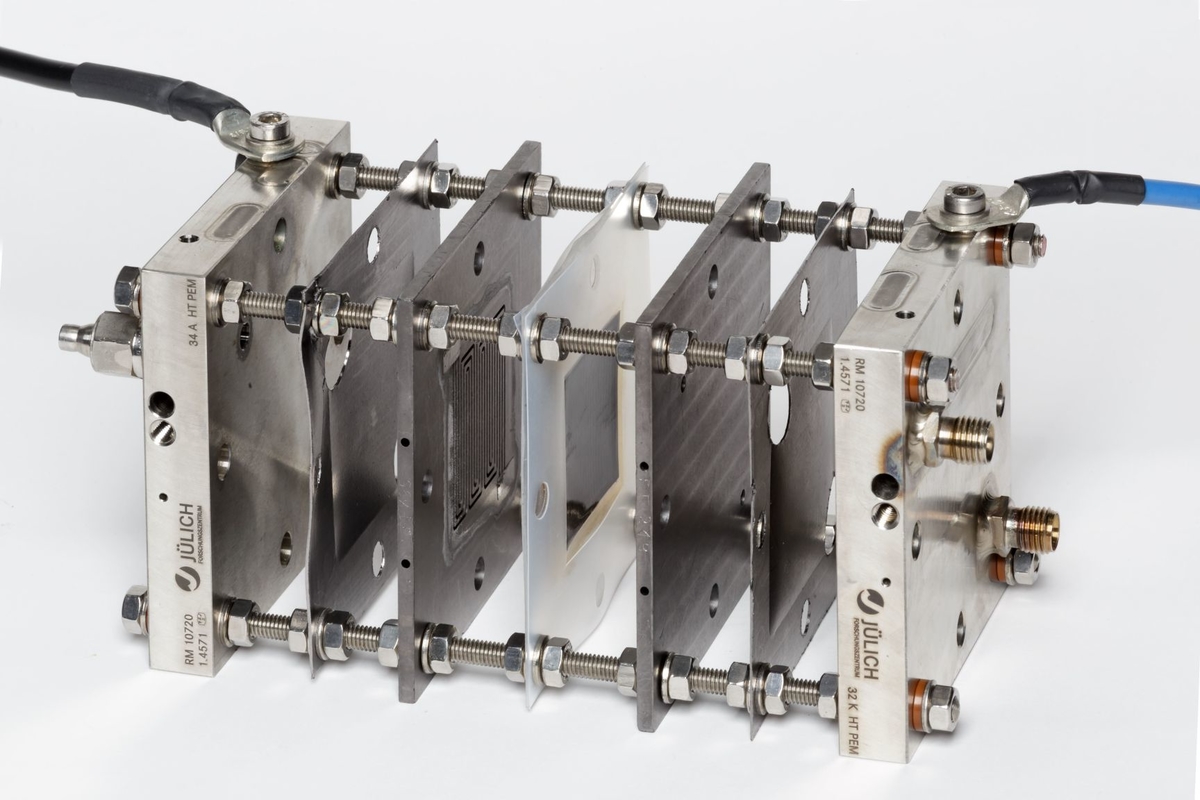The number of registered vehicles was estimated to be 51,437 units, with South Korea leading the market, with 90% of the vehicles being concentrated in four countries. A total of 729 hydrogen refueling stations were in operation, with Japan having the highest number of these. The analysis results clearly indicate a very positive development trend for fuel cell vehicles and hydrogen refueling stations in 2021, with the highest number of new vehicles and stations in a single year, paralleling the year’s overall economic recovery. Yet, a more ambitious ramp-up in the coming years is required to achieve the set targets.
You can find the open access report here
or download it direclty here.


